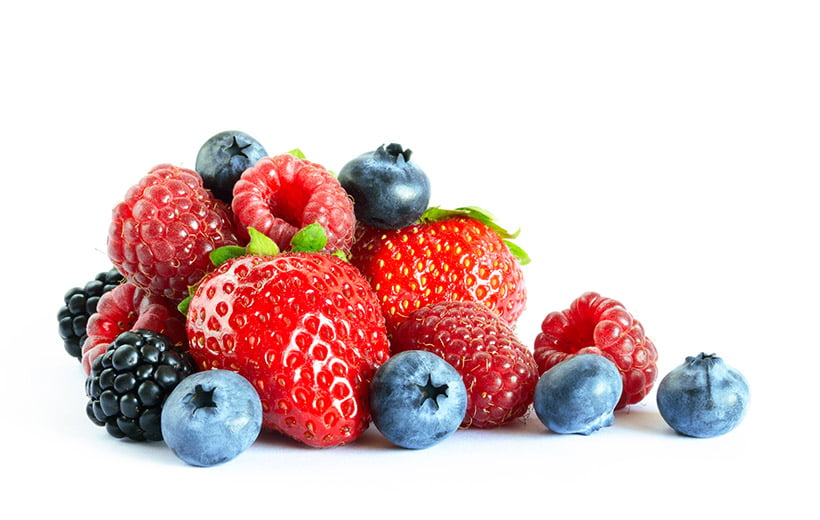
What makes berries so special, first and foremost, is their high levels of antioxidants and other vitamins, minerals, and compounds; these substances help our body combat acute and chronic disease. All fruits and vegetables contain antioxidants, but nutrient-rich berries are some of the absolute best sources. In fact, berries have the greatest antioxidant content per serving compared to any other food except spices. And eating a diet rich in antioxidants will help protect your skin and hair, and can help improve your health by combating free radical damage.
Blackberries, goji berries, and the less common gooseberries rank among the highest in terms of antioxidant levels and offer one of the best nutrition bangs for our buck (meaning they are highly nutritious and very low calorie, or “nutrient dense”).
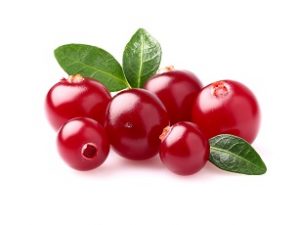
Juicy Fruits
In addition to containing high levels of antioxidants, berries are “juicy foods”- meaning they contain mostly water. Juicy foods are great for losing or maintaining weight because they fill you up quickly, due to their high water content.
Berries also contain a significant amount of fibre and folate. Fibre aids in weight loss and maintenance and helps lower cholesterol and blood pressure. Folate may protect against cardiovascular disease and age-related memory loss, and since folate contributes to the production of serotonin, it may also help ward off depression and improve your mood.
But irritable bowel syndrome (IBS) sufferers please take note: some people with IBS experience discomfort after eating berries. So be cautious when adding these nutrition powerhouses to your diet- start small and increase portions as tolerated.
Recent Research on the Topic
Whole fruits and vegetables, but not antioxidant pills, may be useful in treating seasonal allergies and asthma. Berries may even help slow the progression of our third leading killer chronic obstructive pulmonary disease (commonly known as COPD).
Consumption of blueberries and strawberries, in particular, may have a protective effect on brain function (potentially delaying cognitive decline by several years!) and improving sleep quality (due to their melatonin content). Blueberries also have been shown to improve memory. While cranberries may reduce dental plaque formation and prevent recurring bladder infections.
Other remarkable effects include enhanced athletic recovery, potentially preventing Alzheimer’s disease, stroke, acid reflux and heartburn, and relief from visual fatigue.
Commonly Used Varieties
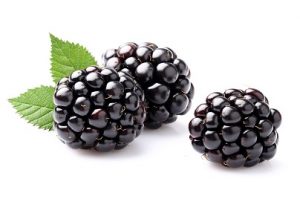 Blackberries are composed of more than 85 percent water along with a hefty dose of fibre, which makes them a great choice if you’re trying to lose or maintain weight (as they are high volume), lower cholesterol, or manage type 2 diabetes. They are a good source of folate (a B vitamin that helps maintain healthy hair and may reduce the risk of mood disorders, among other things as mentioned above). Additionally, blackberries are full of potent antioxidants that can help with arthritis, age-related memory loss, cataracts, and other eyesight problems.
Blackberries are composed of more than 85 percent water along with a hefty dose of fibre, which makes them a great choice if you’re trying to lose or maintain weight (as they are high volume), lower cholesterol, or manage type 2 diabetes. They are a good source of folate (a B vitamin that helps maintain healthy hair and may reduce the risk of mood disorders, among other things as mentioned above). Additionally, blackberries are full of potent antioxidants that can help with arthritis, age-related memory loss, cataracts, and other eyesight problems.
Blueberries consist of 85 percent water. Like blackberries, they also contain potent antioxidants that can help with arthritis, age-related memory loss, and cataracts and other eyesight problems. Of note, blueberries have been shown to rank among the highest antioxidant capacity fruits and vegetables out there.
Boysenberries are a cross between raspberries, blackberries, and loganberries, and they look like a jumbo version of a blackberry. Boysenberries contain anthocyanins, which are potent antioxidants that can help with arthritis and age-related memory loss.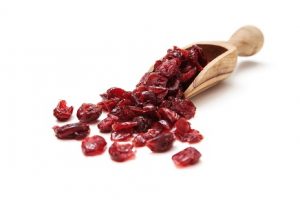
Cranberries (when fresh) are composed of more than 85 percent water, but they are rarely eaten fresh since they are so tart and astringent. Instead, cranberries are most often eaten in sweetened form either as dried cranberries or sugary cranberry sauce, and because these foods are concentrated sources of sugar, people with type 2 diabetes or those watching their sugar intake should dramatically limit their intake. Both fresh and dried cranberries are a good source of anthocyanins, anti-inflammatory antioxidants that can help with arthritis and age-related memory loss.
Raspberries are composed of more than 85 percent water along with a significant amount of fibre (more than any other berry in fact!). They are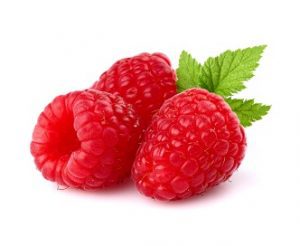 also full of potent antioxidants, including vitamin C and anthocyanins, which can help with arthritis, age-related memory loss, cataracts and other eyesight problems, and maintaining healthy skin and hair.
also full of potent antioxidants, including vitamin C and anthocyanins, which can help with arthritis, age-related memory loss, cataracts and other eyesight problems, and maintaining healthy skin and hair.
Strawberries are composed of more than 90 percent water. They are also a good source of folate. Additionally, like many of its relatives, strawberries are full of potent antioxidants, including vitamin C and anthocyanins.
As a potent source of essential nutrients, berries deserve a place in the healthiest diets. We encourage you to eat them all, and eat them often, especially while the fresh varieties are in peak season over the coming months!
Resources for Further Reading:
- NutritionFacts.org: Berries
- Eat Right Ontario: What you need to know about antioxidants



